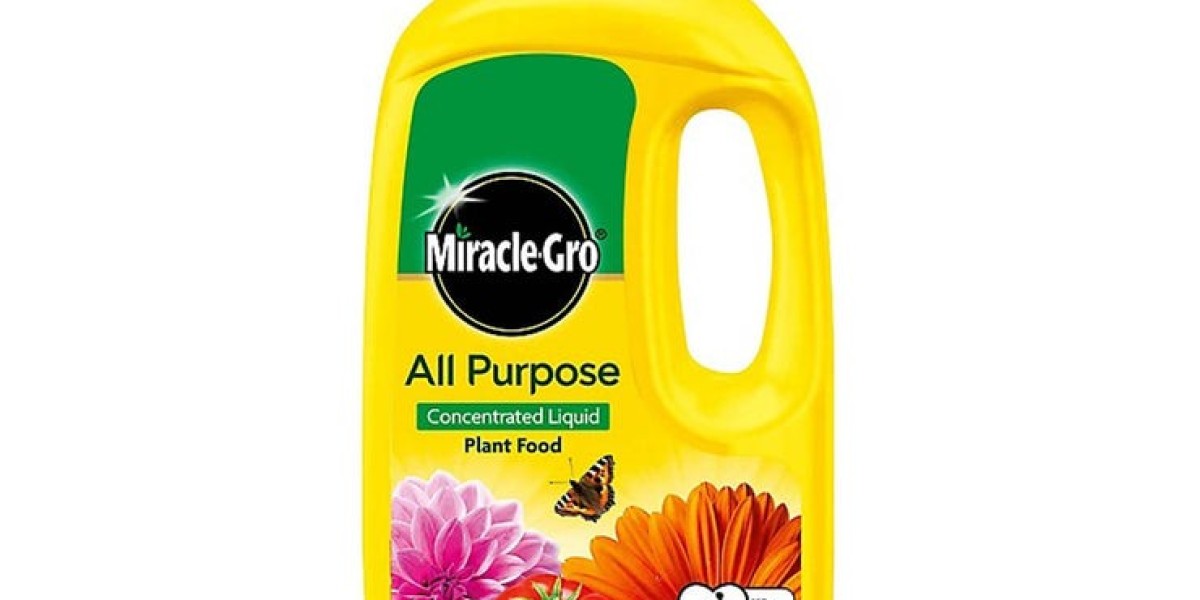Gardening enthusiasts are always on the lookout for ways to enhance the productivity and health of their gardens. One of the key strategies to achieve this is by using a soil improver. Fitfit Garden, a renowned name in the gardening community, has popularized the use of soil improvers, highlighting their benefits for both amateur and professional gardeners. In this article, we will delve into what soil improvers are, their types, benefits, and how to effectively use them in your garden to achieve lush and healthy plants.
What is a Soil Improver?
A soil improver, also known as a soil conditioner, is any material added to soil to enhance its physical properties. Unlike fertilizers that primarily add nutrients, soil improvers focus on improving soil structure, aeration, and moisture retention. This can be particularly beneficial for soils that are too sandy, heavy clay, or compacted, which are often challenging environments for plants to thrive. Soil improvers work by breaking up heavy soil, adding organic matter, and improving drainage and root penetration, thus creating a more hospitable environment for plant growth.
Types of Soil Improvers
There are various types of soil improvers available, each suited for different soil conditions and gardening needs. Organic soil improvers include compost, well-rotted manure, leaf mold, and green manure. These materials are rich in organic matter and beneficial microorganisms that enhance soil fertility and structure over time. Inorganic soil improvers, such as perlite, vermiculite, and sand, are used to improve soil drainage and aeration. Biochar, a form of charcoal, is another effective soil improver that increases soil aeration and water-holding capacity while also sequestering carbon, thus benefiting the environment.
Benefits of Using Soil Improvers
The benefits of using a soil improver in your garden are manifold. Firstly, soil improvers enhance soil structure, making it easier for plant roots to penetrate and access nutrients. This is especially important in clay soils, which can be dense and difficult for roots to navigate. Secondly, they improve soil aeration, which is crucial for root respiration and the overall health of the plant. Thirdly, soil improvers increase the soil’s water-holding capacity, reducing the need for frequent watering and making it easier to manage water resources in drought-prone areas. Lastly, by incorporating organic matter, soil improvers boost the microbial activity in the soil, which in turn enhances nutrient cycling and soil fertility.
How to Apply Soil Improvers
Applying a soil improver to your garden is a straightforward process, but it requires some knowledge to do it effectively. Begin by assessing your soil type and the specific needs of your plants. For sandy soils, organic soil improvers like compost and manure are ideal as they add much-needed organic matter and improve moisture retention. For clay soils, a combination of organic and inorganic soil improvers can help break up the dense soil structure and improve drainage. Spread the soil improver evenly over the soil surface and work it into the top 6 to 12 inches of soil using a garden fork or tiller. For existing gardens, this can be done in the fall or early spring before planting.
Choosing the Right Soil Improver
Selecting the right soil improver depends on your soil type, the plants you are growing, and your gardening goals. For vegetable gardens, compost and well-rotted manure are excellent choices as they provide a balanced mix of nutrients and organic matter. Flower gardens can benefit from leaf mold and compost, which improve soil texture and fertility. For lawns, a mix of sand and compost can improve drainage and root growth. It is also important to consider the pH of your soil; some soil improvers can alter the soil pH, which might be beneficial or detrimental depending on the plants you are growing.
Sustainable Gardening with Soil Improvers
Using soil improvers is not just beneficial for your garden; it is also an environmentally friendly practice. By enhancing soil structure and fertility, soil improvers reduce the need for chemical fertilizers and pesticides, which can have harmful effects on the environment. Additionally, many soil improvers, particularly organic ones, recycle waste materials like kitchen scraps, yard waste, and manure, turning potential waste into valuable resources for your garden. Incorporating soil improvers into your gardening routine promotes sustainable practices and contributes to the overall health of your ecosystem.
A soil improver is a vital tool for any gardener looking to enhance soil health and plant productivity. By understanding the different types of soil improvers, their benefits, and how to use them effectively, you can transform your garden into a thriving, sustainable haven. Whether you are working with sandy, clay, or compacted soil, there is a soil improver that can help you achieve your gardening goals. Happy gardening!



